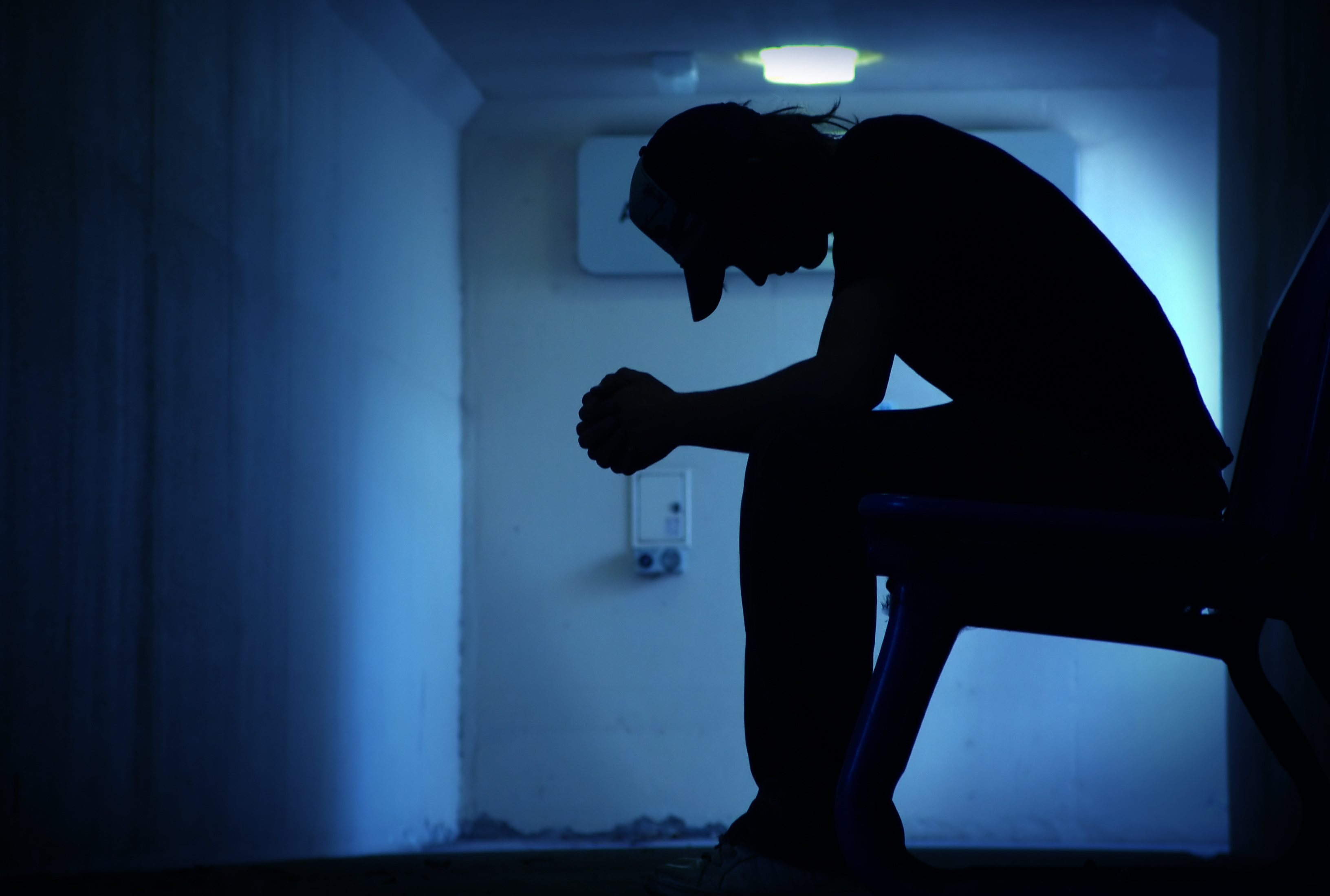Swinburne study reveals psychological challenges facing music and performing arts

In summary
- The Centre for Social Impact Swinburne and Support Act have conducted their first Mental Health and Wellbeing in Music and Live Performing Arts survey
- Participants report high levels of psychological distress
- The research identifies the need for further support and improvements in these industries
Psychological distress, suicidal thoughts and the onset of a number of mental health conditions are some of the findings from the first Mental Health and Wellbeing in Music and Live Performing Arts survey conducted by the Centre for Social Impact Swinburne, in conjunction with music charity Support Act.
More than 1,300 professionals in the music and live performing arts industries participated in the national survey this past March and April, including musicians, songwriters, live production crew, managers, producers and live performing artists.
While 66 per cent of those surveyed reported high-to-very high levels of psychological distress (four times greater than the general population), 69 per cent of the participants did say they had sought help to support their mental health and wellbeing.
Other findings include:
- 35 per cent reported a current mental health condition, which is 1.7 times the proportion estimated in the general Australian population.
- 29 per cent reported having an anxiety condition, and 27 per cent reported having depression, both more than twice that of the general population.
- More than a third reported incomes from their work in music/live performing arts as less than $30,000 per annum, which is below the poverty line.
- Only 15 per cent said they always felt safe at work, with 35 per cent saying they were exposed to unsafe working conditions in the past year.
Pandemic impacts
The COVID-19 pandemic featured prominently in the results, with more than 47 per cent of respondents losing their jobs as a result. Almost two-thirds said the pandemic had impacted their mental health, 61per cent said it had affected their feeling of being part of an industry community, and 56 per cent noted increased feelings of loneliness or social isolation.
Research Fellow at the Centre for Social Impact Swinburne, Dr Aurora Elmes, says the research indicates that people in music and live performing arts continue to face job insecurity and work environments that can be unsafe for physical or mental health.
“On top of existing issues with working conditions, it reveals the ongoing effects of added stressors arising from the COVID-19 pandemic on people’s work, income, social connectedness, and mental health,” said Dr Elmes.
“Participants in this research identified a need for further financial and mental health support for people working in music and live performing arts, as well as a need for broader change within the sector and government support to enable this.
“People want to see action towards improved working conditions and work environments that are safe for everyone’s mental and physical health – including addressing identified issues such as ageism, racism, bullying and sexual harassment.”
For further information and to read the full survey summary results, visit https://supportact.org.au/mental-health-survey/
-
Media Enquiries
Related articles
-

- Social Affairs
Too many renters swelter through summer. Efficient cooling should be the law for rental homes
Summer is coming – and it’s starting earlier, becoming hotter and lasting longer. As the hot weather hits, many renters will be sweltering in their homes. The World Health Organization recommends a list of actions for people to deal with heat. At the top of the list is “keep your home cool”. But for many renters, this isn’t possible.
Wednesday 22 November 2023 -

- University
- Social Affairs
In 5 years, this Australian astrophysics lab reached 50% women. Here’s how they did it
Many organisations, from community sporting groups to the United Nations, have set themselves a target of gender parity: ensuring half of staff or members are women. Gender parity is desirable because training and retaining equal halves of a population’s available talent influences an organisation’s growth, problem-solving capacity and future-readiness.
Friday 17 November 2023 -

- Social Affairs
Swinburne students win third consecutive Advertising Capstone Challenge
Four Swinburne students have designed a winning campaign for BONDS Bloody Comfy Period Undies.
Friday 10 November 2023 -

- Social Affairs
- Design
Swinburne helps Pasifika youths develop life skills and thrive
Up to 100 Pasifika youths have graduated from Swinburne’s Discovery Sprint program, where young people can gain skills that could kickstart careers in in-demand industries.
Monday 02 October 2023 -

- Social Affairs
Fire authorities are better prepared for this summer. The question now is – are you?
The megafires of the 2019–2020 Black Summer came off the back of an earlier El Niño climate cycle. Now, after three years of rain and floods, El Niño is arriving on Australian shores again. With it comes fire weather – hot, dry and windy.
Tuesday 03 October 2023

